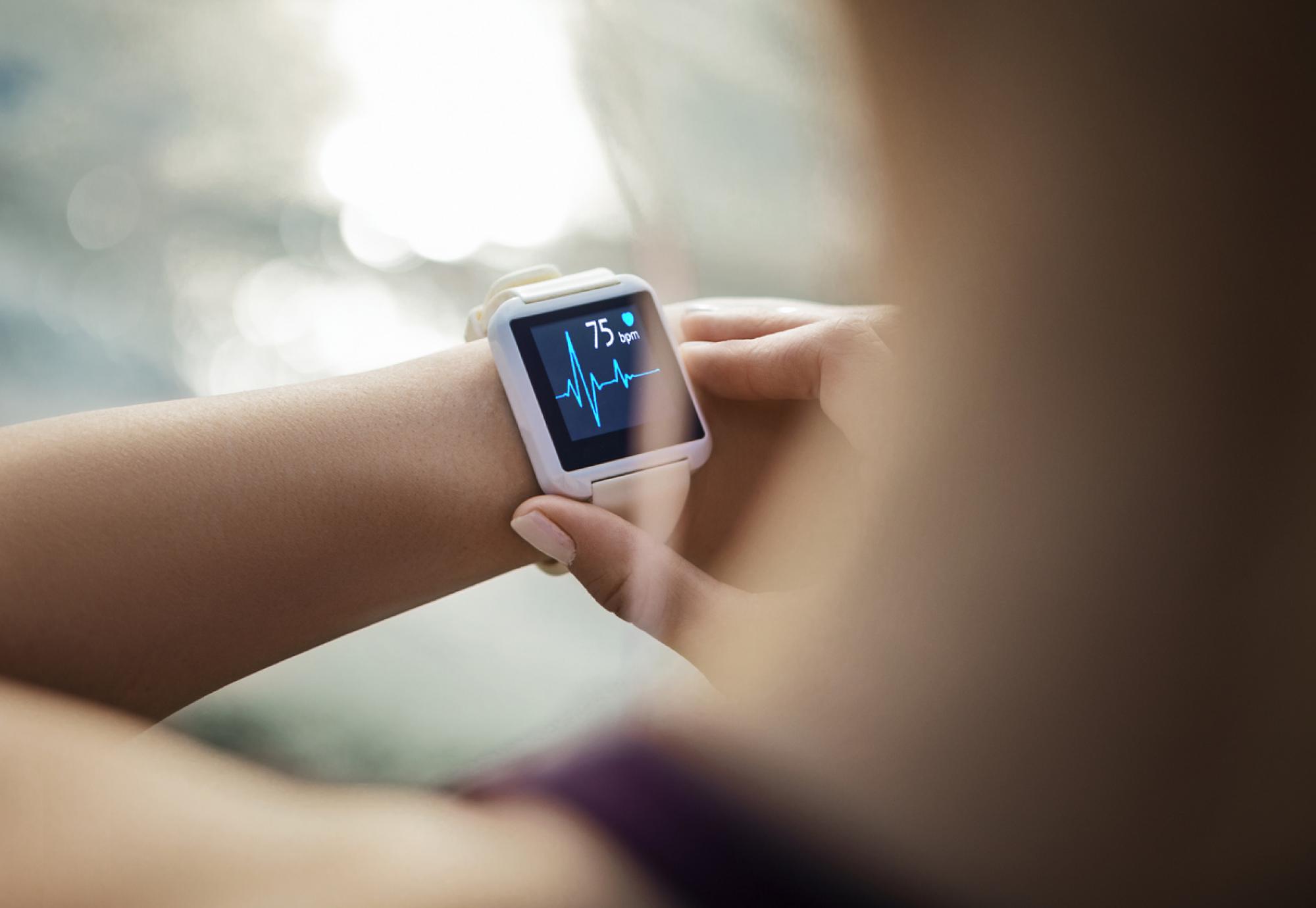An uplift in digital health investment could save more than two million lives from noncommunicable disease over the next decade, according to a new report from the World Health Organisation and International Telecommunication Union.
The report indicates that an extra 24 US cents of investment per patient – the equivalent of 18 pence in the UK – in things like telemedicine, mobile messaging and chatbots can help combat around seven million acute events and hospitalisations, which would alleviate pressure around the globe.
Noncommunicable disease
Noncommunicable diseases are responsible for almost three-quarters (74%) of deaths around the world every year – many of which are preventable. NCDs include:
- Cancer
- Diabetes
- Cardiovascular diseases
- Chronic respiratory diseases
Those living with NCDs often need regular monitoring and constant management – sometimes with long-term specialised care.
Digital tools like telemedicine will help patients overcome barriers to accessing care, while improved data will help staff make better decisions for their patients.
Realising the full potential of digital health
It is estimated that around two in three (60%) countries have digital health strategies but these plans fail to properly integrate new technologies into existing health infrastructure.
WHO and the ITU are calling for nations to invest in digital public infrastructure as well as promote standards and interoperability.
Director-general at WHO, Dr Tedros Adhanom Ghebreyesus, said: “The future of health is digital. But to make this vision a reality, we need both resources and collaboration. No single organisation can do it alone.
“We call on governments, partners, and donors to come together, invest strategically, and ensure that these life-saving innovations reach those who need them most.”
Secretary-general at the ITU, Doreen Bogdan-Martin, added: “We call for greater collaboration between the health and tech sectors, including the development of strong digital public infrastructure, essential for the delivery of digital health services that can benefit people everywhere without leaving anyone behind.”
The digital revolution has the power to unleash a health revolution, she added.
Image credit: iStock



















